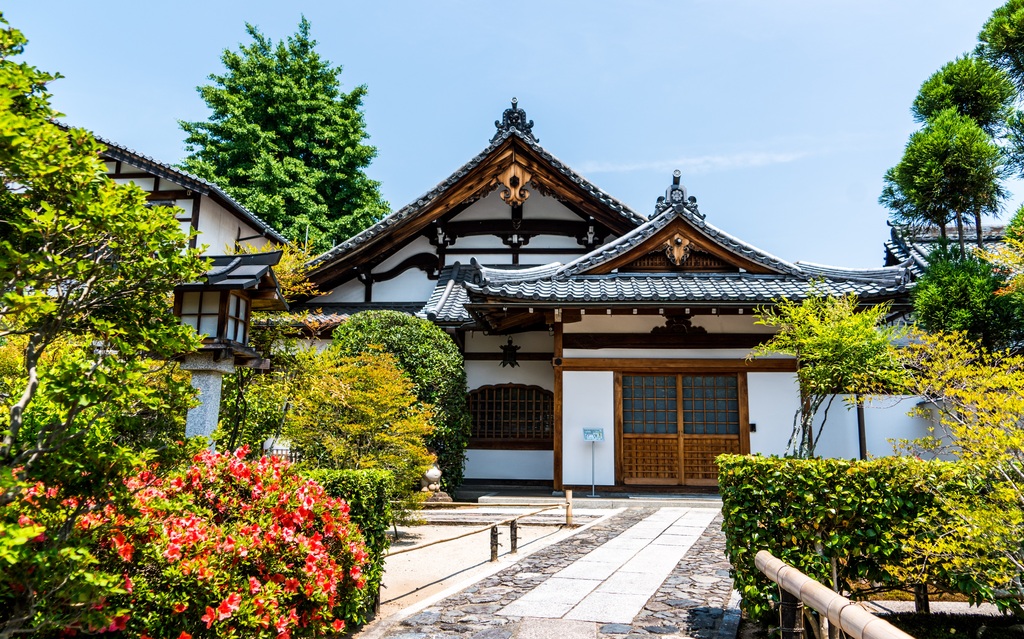
Comprehensive Exploration of Foreign Property Investments in Japan
Japan, a nation symbolic of the seamless amalgamation of ancient traditions and cutting-edge modernity, beckons global citizens with its unique cultural tapestry, technological advancements, and scenic landscapes. The island nation’s embrace of international relations and economic development presents an intriguing venture for foreign investors—foreign property ownership in Japan. This venture allows non-Japanese citizens to plant their roots in the multifaceted realm of the Rising Sun, echoing a symphony of mutual growth and shared narratives.
The conceptualization of foreign property ownership in Japan traces back to its progressive approaches in international relations and economic constructs. Post the economic bubble of the late 20th century, Japan emerged as a fertile ground for foreign investments, particularly in real estate. The uncomplicated legal frameworks and minimal restrictions on property acquisition by non-residents have nurtured an environment conducive to international investments, allowing foreign nationals to experience the Japanese way of life more intimately.
Navigating the Legal Tapestry:
Unlike many countries, Japan does not impose restrictive legislation on foreign nationals looking to acquire property. There are no specific property ownership restrictions for non-residents, allowing international investors and enthusiasts to delve into the Japanese real estate market with relative ease. However, while the acquisition process is devoid of legislative hindrances, prospective buyers must navigate through Japan’s meticulous property registration system, tax implications, and financing options, which could pose challenges without proper guidance and understanding. Engaging with local real estate experts and legal advisors can significantly smoothen the process, providing insights into the local market trends, legal formalities, and financial landscapes.
Economic Implications and Market Dynamics:
The economic implications of foreign property ownership in Japan are intertwined with the country’s real estate market dynamics. Japan’s real estate market is characterized by its stability and resilience, offering a secure investment avenue for international buyers. Major cities like Tokyo, Osaka, and Kyoto have witnessed a steady appreciation in property values, fueled by urbanization, technological advancements, and cultural significance. These cities, with their diverse offerings, appeal to a wide range of international buyers, from those seeking a cultural immersion in Kyoto’s historic landscapes to those drawn to the pulsating energy of Tokyo’s urban life.
The influx of foreign investments has catalyzed the evolution of the real estate landscape in Japan, paving the way for a more inclusive and diverse market environment. The ripple effects of this inclusivity are manifested in the enhanced cultural exchange, mutual understanding, and shared growth between Japan and the international community.
Sociocultural Confluence:
The acquisition of property in Japan by foreign nationals is not merely a transactional encounter. It is an intimate dance of sociocultural confluence, allowing international residents to immerse themselves in the Japanese way of life. Owning property in Japan enables foreigners to establish deeper connections with the local communities, partake in the cultural festivities, and contribute to the societal tapestry of the nation. This confluence enriches the Japanese societal fabric, fostering a dialogue of mutual respect, shared values, and collective learning.
Experiencing the Japanese Essence:
For foreign property owners in Japan, the experience extends beyond the bricks and mortar. It’s about waking up to the serene chants from a nearby shrine, strolling through the historic alleys echoing with tales of yore, and tasting the culinary symphony of traditional and contemporary Japanese cuisine. It’s about witnessing the cherry blossoms paint the landscapes with their fleeting beauty and observing the meticulous craftsmanship of local artisans. Owning property in Japan is about embracing the essence of the Japanese ethos, witnessing the harmonious coexistence of the old and the new, the sacred and the profane.
Challenges and Considerations:
While the journey of foreign property ownership in Japan is filled with enriching experiences and opportunities, it comes with its set of challenges and considerations. The language barrier poses a significant challenge in navigating through the legal and administrative processes, making it essential to seek assistance from bilingual experts. Cultural differences in business etiquette, negotiation styles, and communication nuances require a nuanced approach and an understanding of the local customs and expectations. Understanding the local taxation systems, property maintenance obligations, and the implications of property resale are crucial aspects to consider while investing in Japanese real estate.
Conclusion:
Embarking on the path of property ownership in Japan unveils a world rich with cultural diversity, historical significance, and modern innovations. It allows foreign nationals to weave their narratives into the multi-layered tapestry of Japanese society, fostering a symbiotic relationship enriched with mutual respect, shared experiences, and collective growth.
Japan’s welcoming stance on foreign property ownership reflects its commitment to international harmony, economic development, and cultural exchange. While the journey is laden with learning curves, legal nuances, and cultural assimilations, the rewards are manifold, offering a deeper connection with the land, its people, and its traditions.
The doors to Japan’s historic landscapes, technological wonders, and cultural treasures are open, inviting the world to experience, contribute, and belong to the everlasting narrative of the Land of the Rising Sun. The journey of foreign property ownership in Japan is not just an investment in real estate; it’s an investment in experiences, relationships, and cultural richness, painting a collective future of unity in diversity.







